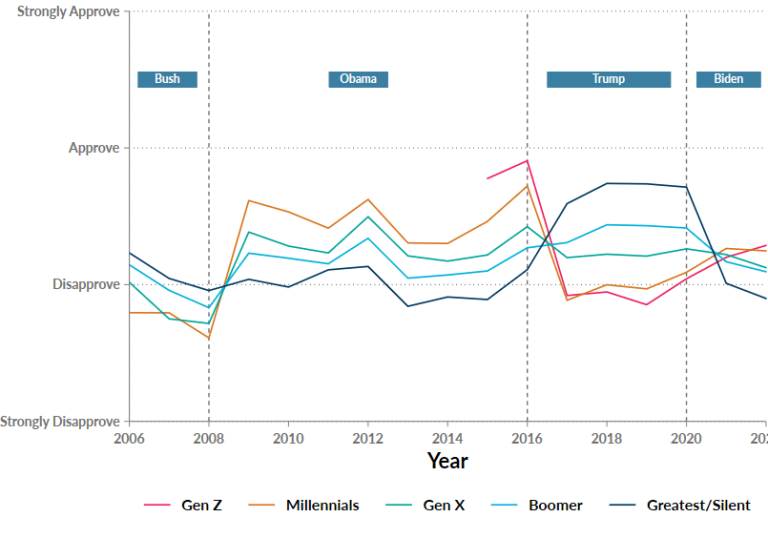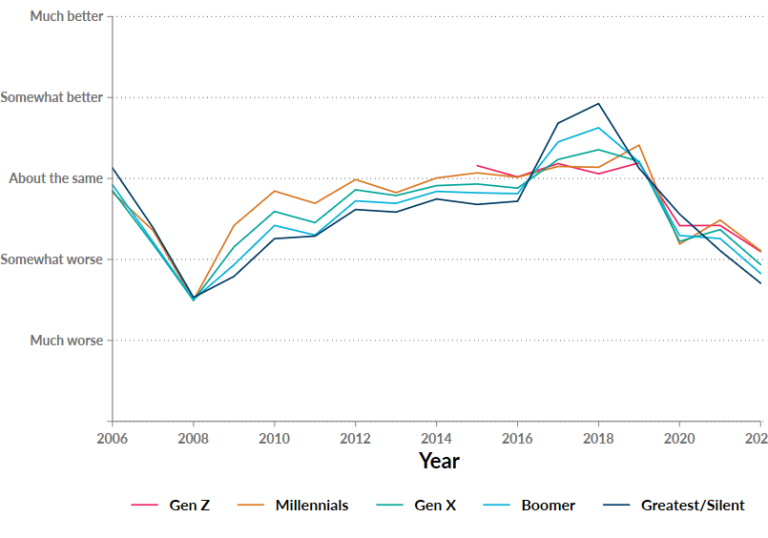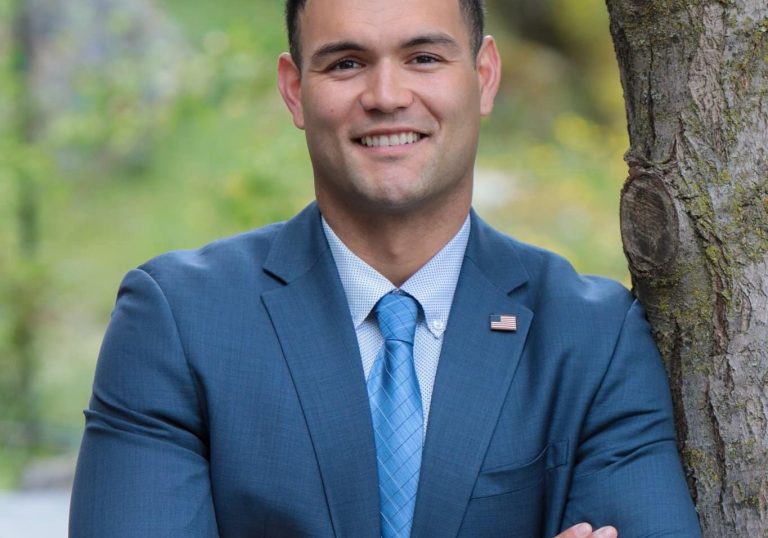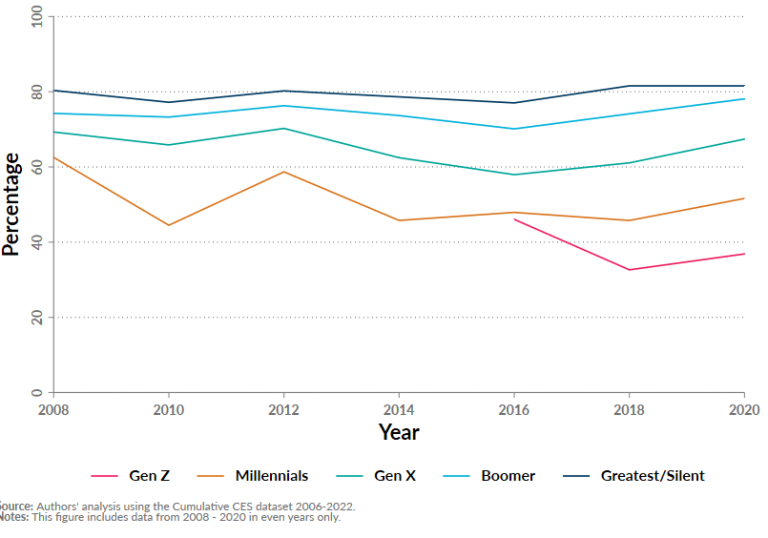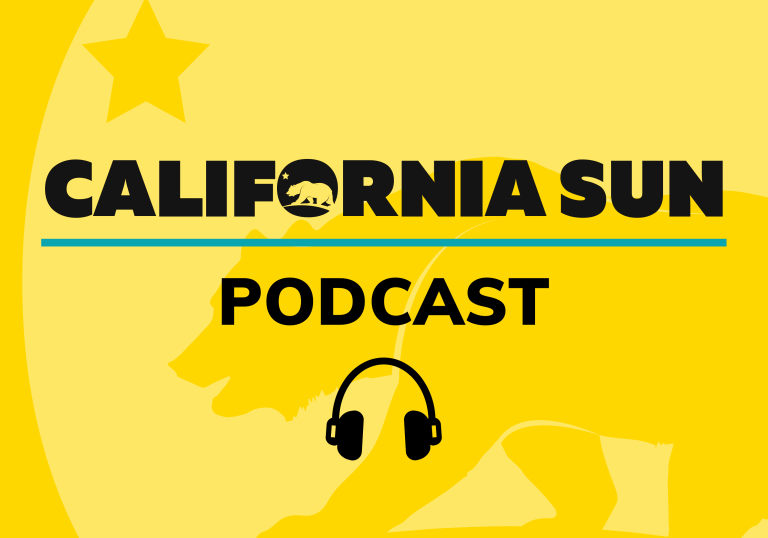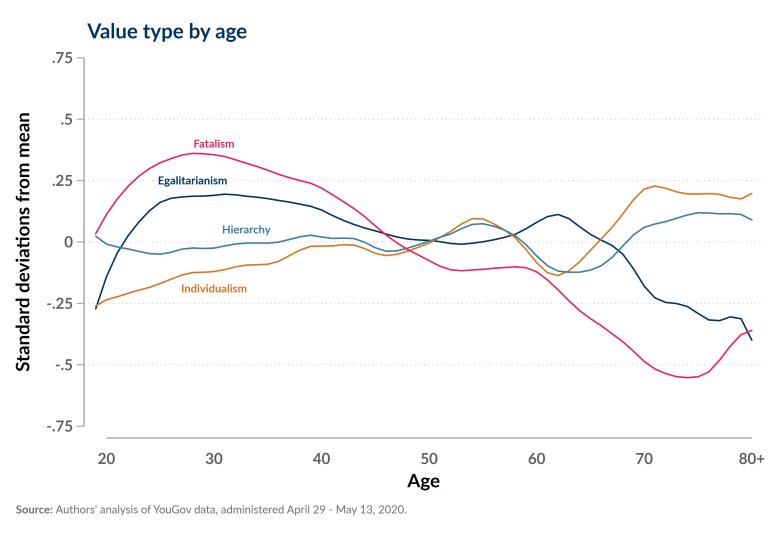Summary
Both the health and economic effects of the Covid-19 crisis have been shown to vary across age groups. This raises questions about how individuals of different ages view the current crisis, as well as what responsibilities they think young adults have in the collective effort to curb the spread of the virus.
Between April 29 and May 13, 2020, the Berkeley Institute for Young Americans partnered with YouGov to poll 2,270 Americans across the country about their views of the COVID-19 crisis.
Of those currently working, young adults report being somewhat more worried than older adults about losing their jobs or losing work. For example, only 28% of working 18-to-29-year-olds and 29% of working 30-to-39-year-olds report that they are “not at all worried” about losing work in the coming two months. For 40-to-54-year-olds who are currently working, 36% report being not at all worried. Among working 55-to-74-year-olds, 56% are not at all worried about losing work in the coming months.
Overall, a majority of Americans report being either “somewhat worried” or “very worried” about the spread of COVID-19 in the United States, regardless of age group. The share that expresses being “very worried” is somewhat larger among older cohorts than within the 18-to-29 cohort.
However, the level of worry about the spread of COVID-19 varies by political party, with self-identified Democrats expressing more worry than self-identified Republicans (and Independents falling in between).
Larger differences across the age groups emerge when respondents are asked specifically about what responsibilities younger generations have in dealing with the COVID-19 crisis. First, the survey asked respondents whether they agree or disagree with the statement, “Younger generations have an obligation to help protect older generations by socially distancing.” Overall, a majority (54%) strongly agree with the statement, but the percentage that strongly agrees varies by age group. Nearly two-thirds of adults aged 55 and older strongly agree, compared to only 41% of 18-to-29-year-olds, 50% of 30-to-39-year-olds, and 57% of 40-to-54-year-olds.
